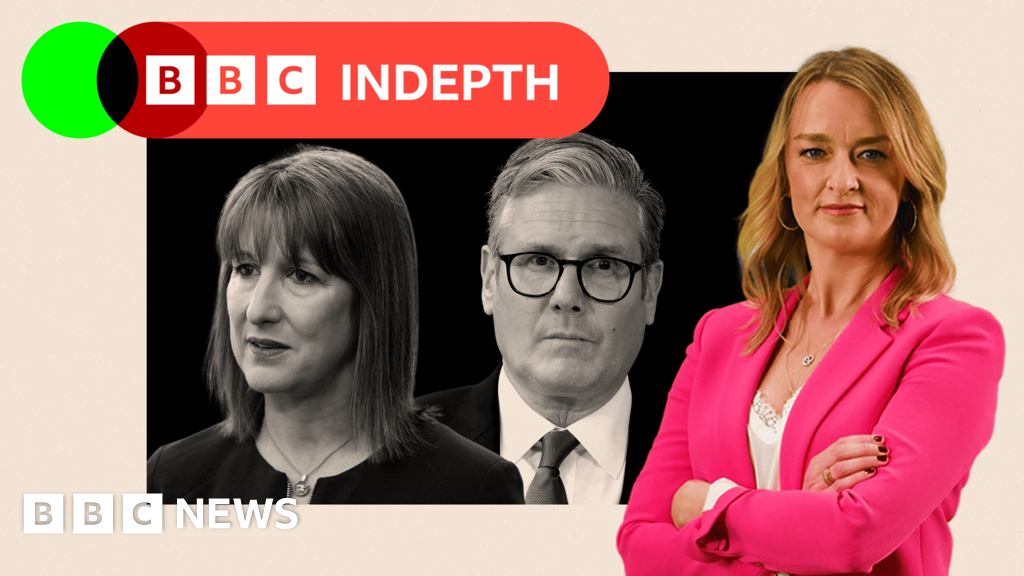Millionaires shouldn't get winter fuel payments, minister says
When asked on Sky News if ministers should be clearer on how they intend to change winter fuel payments, Jones said "it was right that we set out the detail and pay for those things in an orderly way".
He added: "We're sticking to the principle that millionaires shouldn't be getting subsidy for their energy bills from the government, so winter fuel payments will still be targeted to those that need it the most".
He did not provide further details of who would qualify as a millionaire, adding that the eligibility threshold would be reviewed in the "coming months".
The winter fuel payment is a lump sum of £200 a year for households with a pensioner under 80, or £300 for households with a pensioner over 80.
It was previously paid in November or December to all pensioners who claimed it, regardless of their income or wealth.
But 10.3 million pensioners lost out last year after the Labour government made changes to save an estimated £1.4bn, with ministers arguing immediate savings were needed as the Conservatives had left a "hole" in the public finances.
But pressure to change course has grown in recent weeks, with some Labour MPs and councillors blaming the policy for the party's losses at last month's local elections in parts of England.
The Institute for Fiscal Studies (IFS), a think tank, has suggested a number of ways the government could expand who is able to claim the payment.
The income threshold for pension credit, the main benefit to qualify to continue to receive winter fuel payments, is currently £11,800 a year for individuals and £18,023 for pensioner couples.
The IFS said a new means-test would create "hassle" for pensioners and "would no doubt result in many not claiming".
It would also "imply a lot of administrative cost for what is a fairly small benefit", the IFS said.
Resolution Foundation, a think tank, said there were "huge doubts" over how a new means-test would work, and estimated that expanding eligibility for pension credit by 10% could cost £2.5bn, more than the original winter fuel cut was meant to save.










